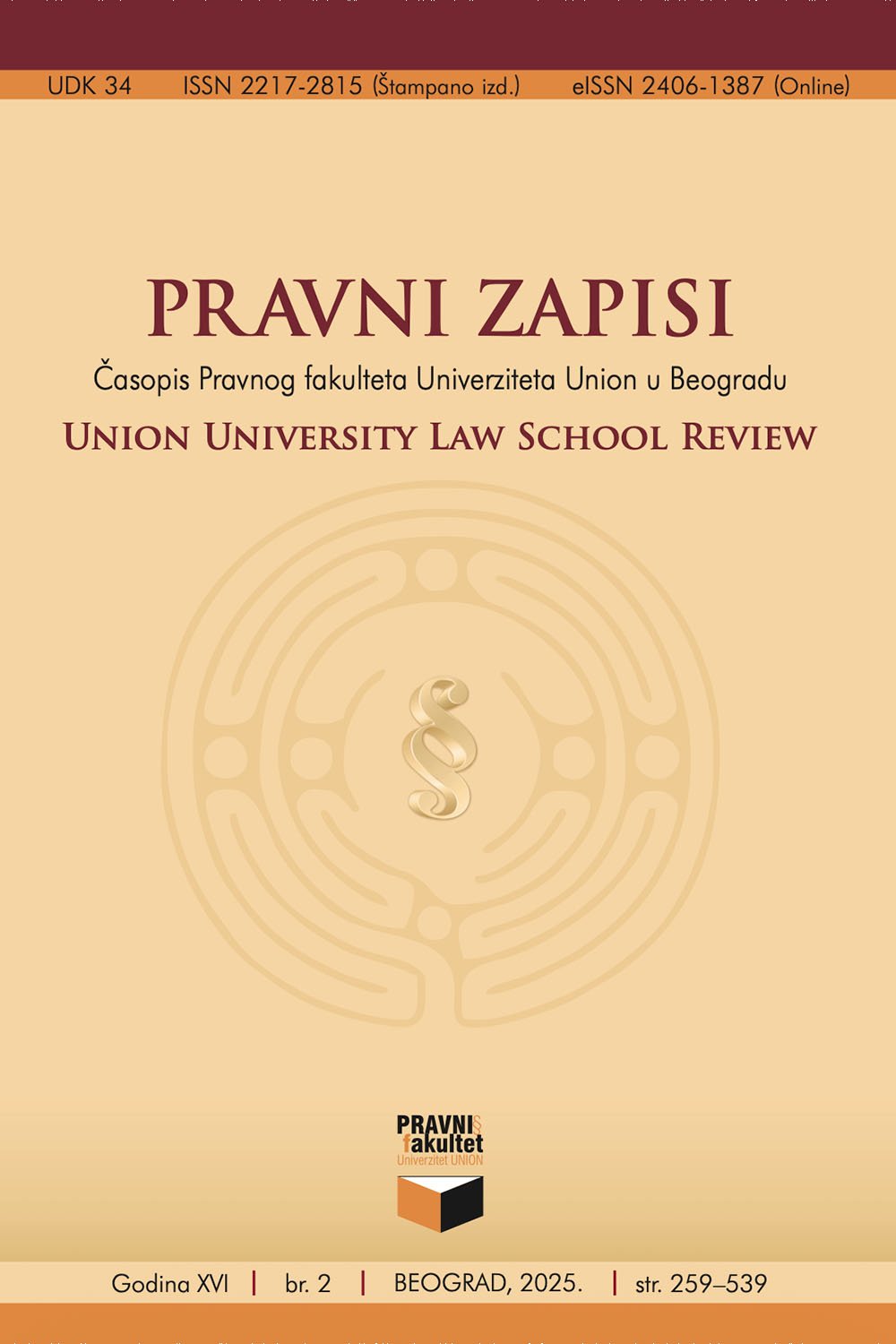PRAVNI ZAPISI • Year II • No. 1 • pp. 53-79
WHO’S AFRAID OF FEDERAL EUROPE?: SOME CRITICAL REMARKS ON THE GERMAN CONSTITUTIONAL COURT’S LISBON DECISION

Prof. dr Beširević Violeta
Redovna profesorka, Pravni fakultet Univerziteta Union u Beogradu
.
.
.
Pravni zapisi, No. 1/2011, pp. 53-79
Original Scientific Article
KEY WORDS
EU; Treaty of Lisbon; international organization; federalism; confederation; democracy; sovereignty; democratic deficit; constitutional identity
ABSTRACT
Ever since the EU has been established, the issue of what is and what is not European Union, is a subject of vivid academic discussion. Generally, the different characterization of the legal nature of the EU falls under three main categories. First, some authors claim that the EU is a treaty based intergovernmental organization. Second, many argue that the EU is a state-like entity. Among them, some claim that it has already acquired characteristics of a federal state. Third, there are authors who support “something else” approach, asserting either that the EU is of sui generis nature or that it is a unique form of constitutionalism or that it represents a model of supranational or transnational federalism. This paper examines the approach taken by the German Federal Constitutional Court in its 2009 Lisbon decision. In this widely criticized judicial ruling, the Court, as in the Maastricht case, continued to speak about the EU in terms of an intergovernmental organization and an association of states (Staatenverbund). It held that the EU is not a (federal) state since it lacks state authority, territory and people. Relying on its self-proclaimed theory on majoritarian and egalitarian democracy, the Court attempted to “put toothpaste back in the tube” and overlooked evaluative, antirevolutionary character of the European integration, mostly based on combination of national and transnational constitutional practices. The Court masked its own Euroscepticism by claiming that the EU could not satisfy traditional requirements of democratic legitimization. However, this is not the most problematic part of the holding. Although it had not been asked, the Court also ruled out a possibility of an integration of Germany into a federal Europe, apparently even in the case that the German people as pouvoir constituant decided so. It identifies the “eternity clause”, embodied in article 79 (3) of the Basic Law, as a main obstacle for such integration. The Court asserted that membership of Germany in federal state of Europe would violate the principles of democracy (expressly guaranteed by the Basic Law) and state sovereignty (which is not an express subject of the constitutional protection). Thus, from a pure militant democracy measure, the “eternity clause” has become a measure to limit the European integration, which is at least a disputable if not a completely wrong interpretation of Article 79 (3) of the Basic Law. Finally, what mostly worries here is the fact that the Court openly expressed its intention not only to control the limits of the European integration, but also to control the pouvoir constituant should German people decide one day to join a federal state of Europe, even if this political option does not look today as a serious one. Arguably, the Lisbon decision with its democracy-foreclosing outcome overcomes the acceptable limits of judicial activism and represents an example of judicial tyranny.

